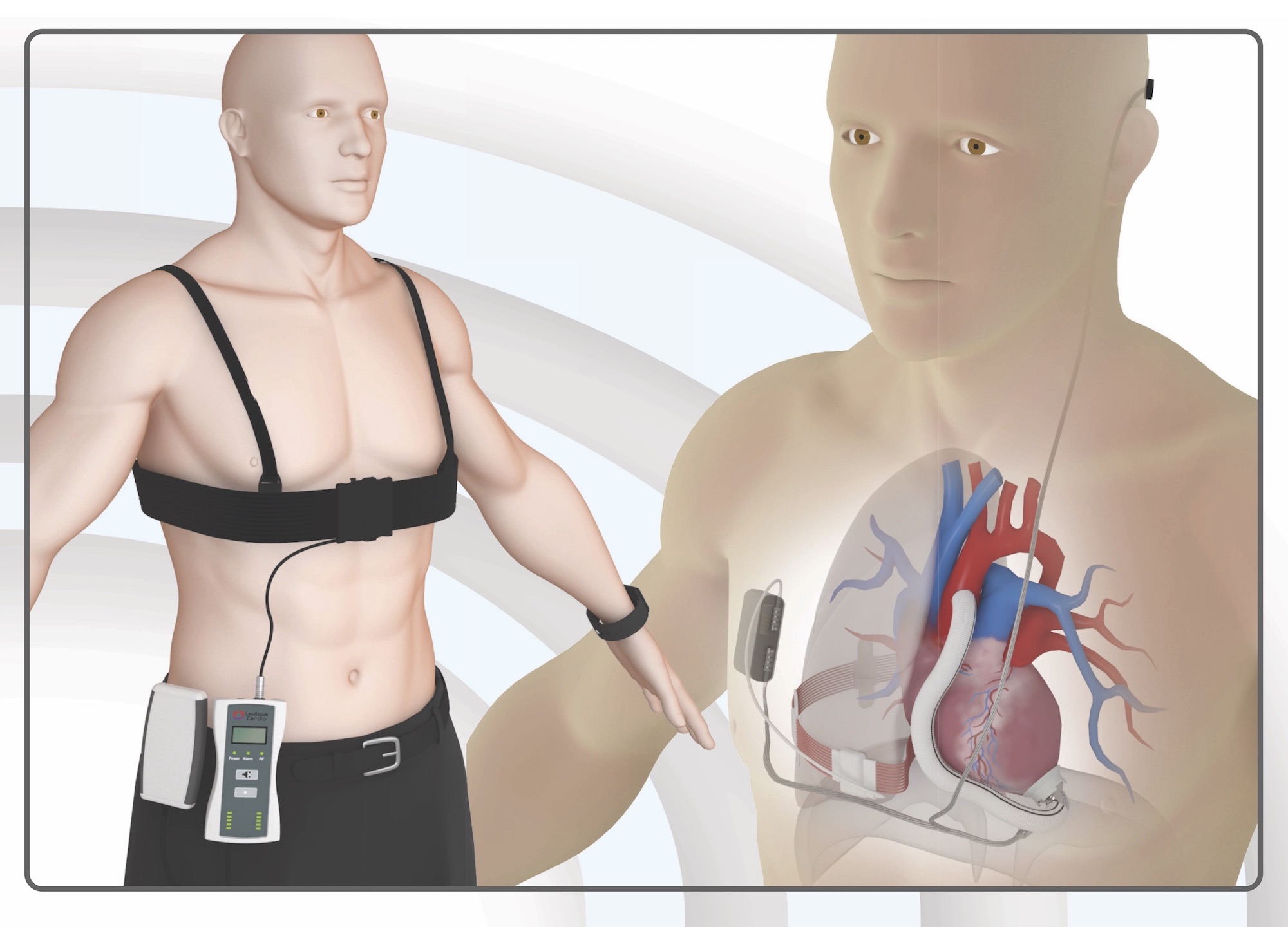Science and Medicine
Tested the first “wireless” artificial heart without cables or external batteries
20 February 2019
| Written by La redazione
The first patients in the world implanted in Kazakhstan by an international team
The first “wireless” artificial heart should arrive in Italy within a few months and can work without cables or external batteries with a range of about 8 hours. The first implantation in the world of this technology has been done on two patients from Kazakhstan, 51 and 24 years old and suffering from terminal heart failure. In the international team that realized the surgery, there was also Massimo Massetti, Director of Cardiology, Gemelli University Policlinico Foundation, IRCCS and Cardiac Surgery Ordinary at the Catholic University. The American journal “Journal of Heart and Lung Transplantation” has published the results of the clinical trial.
The artificial heart. The patient could recharge the heart in a "wireless" way through a wearable belt, which sends the current to the device inside the patient's chest. The interventions is part of a scientific project called "FIVAD". The research followed all the stages from the in vitro ones, then the animal experimentation and only at the end and after having demonstrated the efficacy and safety, the implants were made in the patients.
"The technology combines the implantation of an intrathoracic mechanical cardiocirculatory assistance device (VAD), already in use for years and in our therapeutic arsenal - explains
Professor Massetti - and a trans-thoracic transmission system of electricity. The latest technology called 'Coplanar Energy Transfer' (CET), was recently developed by an Israeli company (Leviticus Cardio) and allows you to recharge your heart in a couple of hours in a 'wireless' way, leaving the patient free to move ".
The patient, in fact, recharges the artificial heart by wearing a belt that sends current to the internal battery of the device, substantially reducing the risks of infection and improving the quality of life of patients.
The next steps are to continue to verify the effectiveness of the system in patients and to increase the clinical experience with other surgery, after the necessary certifications.
"We hope - concluded Massetti – that we could offer our patients soon this therapeutic opportunity that represents a considerable progress in the treatment of terminal refractory heart failure at each drug treatment. We want to offer to the patients an almost normal life and reduce the risks of infections. "
La redazione
Last post by La redazione







